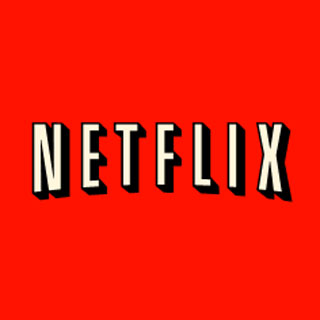Comcast is Internet ‘toll booth’ says Netflix provider
November 30, 2010
 Internet backbone provider Level 3 Communications says Comcast is demanding a recurring fee for transmitting internet movies and “other content” to Comcast customers, accusing the cableco of violating the FCC’s “net neutrality” principles. Comcast says Level 3 is misrepresenting the negotiations between the two companies.
Internet backbone provider Level 3 Communications says Comcast is demanding a recurring fee for transmitting internet movies and “other content” to Comcast customers, accusing the cableco of violating the FCC’s “net neutrality” principles. Comcast says Level 3 is misrepresenting the negotiations between the two companies.
“Comcast is effectively putting up a toll booth at the borders of its broadband Internet access network, enabling it to unilaterally decide how much to charge for content which competes with its own cable TV and Xfinity delivered content,” says Level 3 chief legal officer Thomas Stortz. “This action by Comcast threatens the open Internet and is a clear abuse of the dominant control that Comcast exerts in broadband access markets as the nation’s largest cable provider.”
According to Storz, Comcast first made its demand on November 19, and on November 22, Level 3 agreed to the terms “under protest, in order to ensure customers did not experience any disruptions.” At the beginning of the month Netflix announced that Level 3 will be the primary content delivery network provider for its streaming video service.
Comcast’s Joe Waz, senior vice president of external affairs and public policy counsel, responded: “Level 3 has inaccurately portrayed the commercial negotiations between it and Comcast. These discussions have nothing to do with Level 3’s desire to distribute different types of network traffic.”
“Comcast has long established and mutually acceptable commercial arrangements with Level 3’s Content Delivery Network (CDN) competitors in delivering the same types of traffic to our customers. Comcast offered Level 3 the same terms it offers to Level 3’s CDN competitors for the same traffic. But Level 3 is trying to gain an unfair business advantage over its CDN competitors by claiming it’s entitled to be treated differently and trying to force Comcast to give Level 3 unlimited and highly imbalanced traffic and shift all the cost onto Comcast and its customers.”
“To quantify this, what Level 3 wants is to pressure Comcast into accepting more than a twofold increase in the amount of traffic Level 3 delivers onto Comcast’s network — for free. In other words, Level 3 wants to compete with other CDNs, but pass all the costs of that business onto Comcast and Comcast’s customers, instead of Level 3 and its customers.”
However Level 3 maintains: “[We] believe Comcast’s current position violates the spirit and letter of the FCC’s proposed Internet Policy principles and other regulations and statutes, as well as Comcast’s previous public statements about favoring an open Internet.”
“While the network neutrality debate in Washington has focused on what actions a broadband access provider might take to filter, prioritize or manage content requested by its subscribers, Comcast’s decision goes well beyond this. With this action, Comcast is preventing competing content from ever being delivered to Comcast’s subscribers at all, unless Comcast’s unilaterally-determined toll is paid — even though Comcast’s subscribers requested the content. With this action, Comcast demonstrates the risk of a ‘closed’ Internet, where a retail broadband Internet access provider decides whether and how their subscribers interact with content.”
Comcast says its meeting with Level 3 to further discuss the matter. “We are happy to maintain a balanced, no-cost traffic exchange with Level 3,” Comcast says. “However, when one provider exploits this type of relationship by pushing the burden of massive traffic growth onto the other provider and its customers, we believe this is not fair.”
